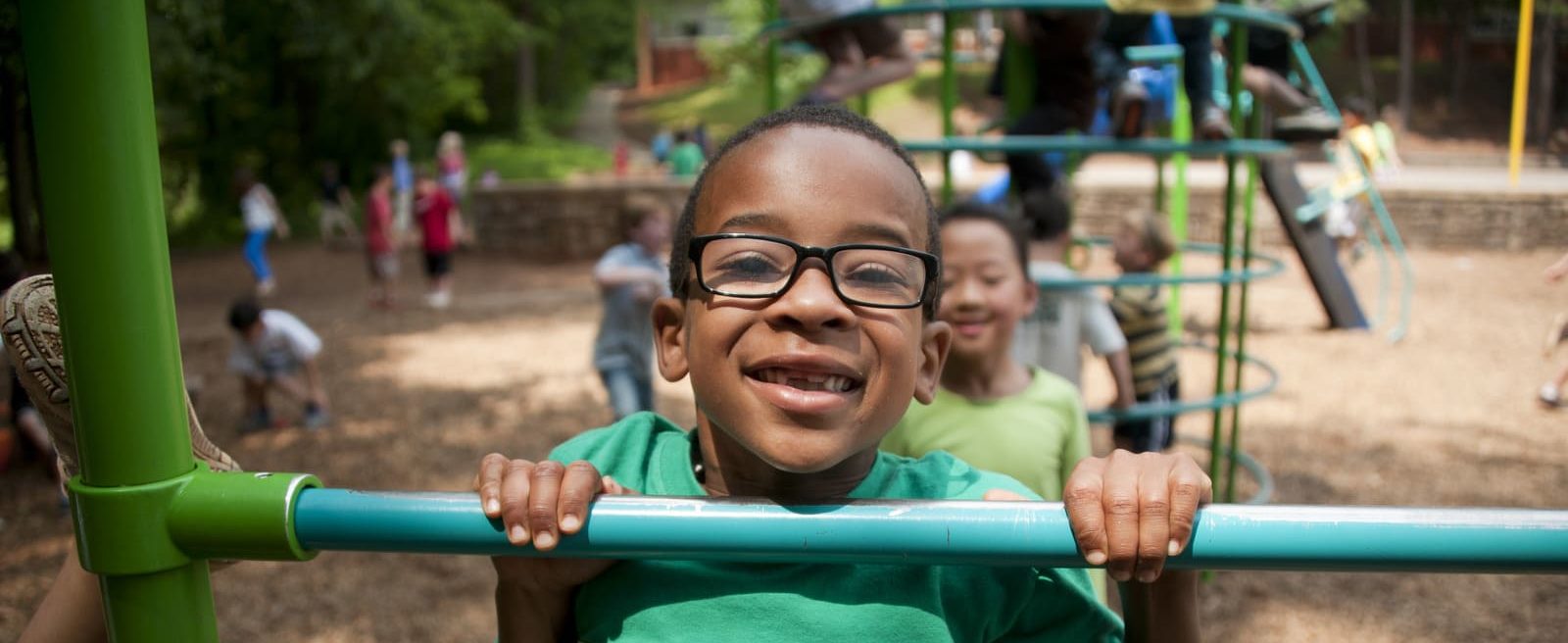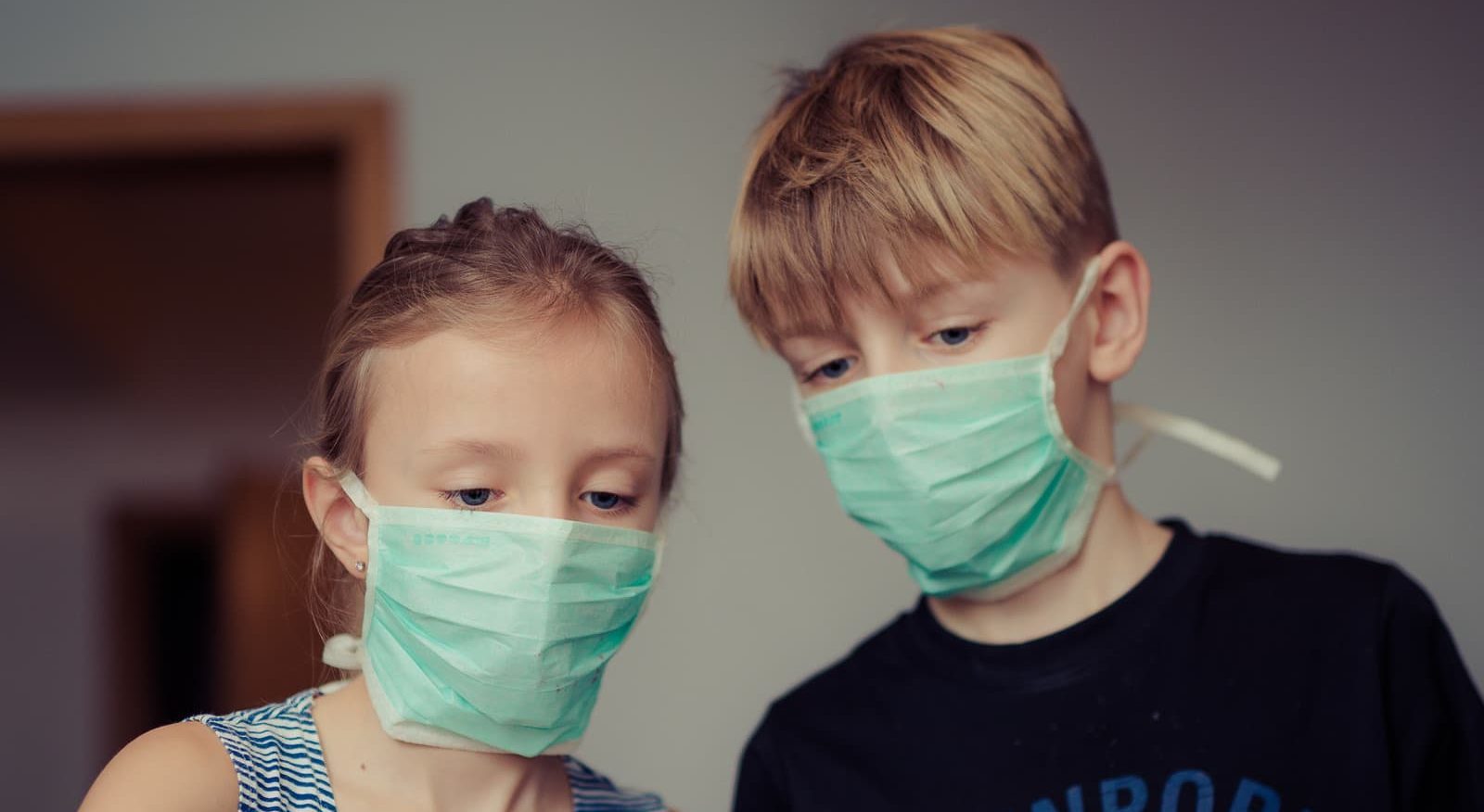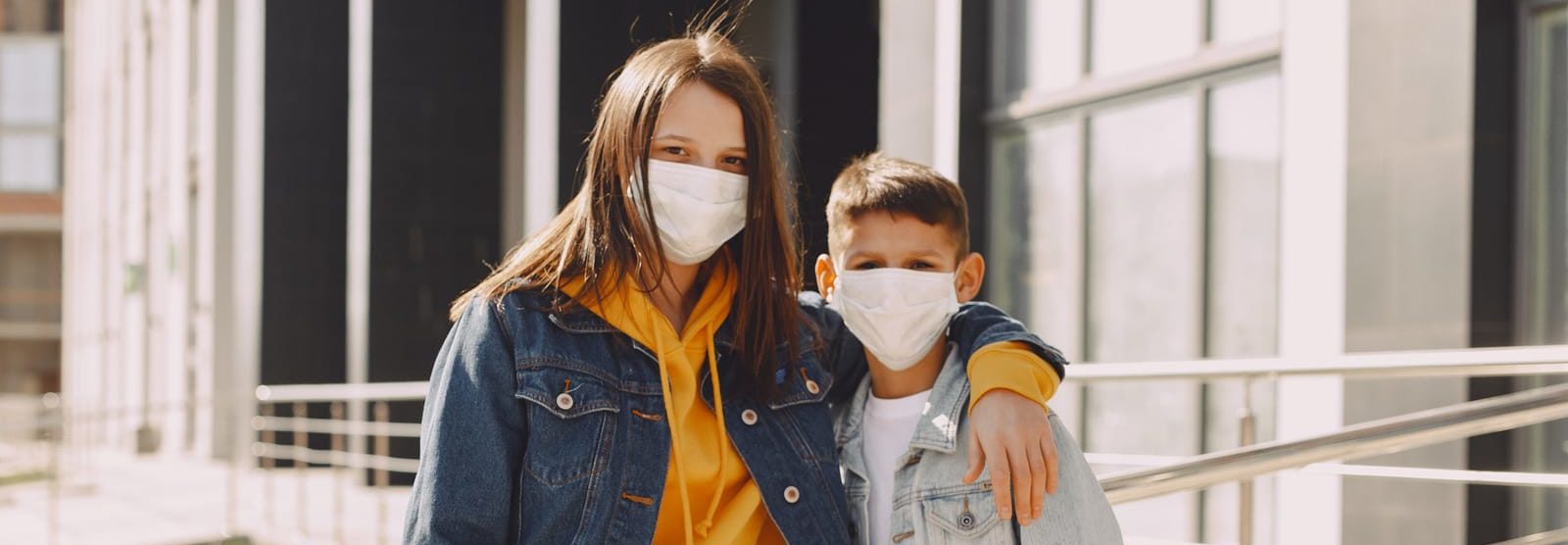PRIORITIZING INCLUSION WHILE REIMAGINING SUMMER CAMP
Summer camp is usually a time for kids to socialize, blow off steam, have fun together and learn from each other.
Camp this summer is going to look different.
Pandemic regulations in each state are causing organizations to cancel camp, reopen with limited group size and social distancing, or go fully online with all kids at their own homes.
Where do children with disabilities fit into this new model?
NIP has been in contact with hundreds of our camp partners since the pandemic began to see how they are doing, what this summer is going to look like for them, how we can help, what resources are needed, and trying to make sure that the inclusion of children with disabilities doesn’t get lost and forgotten in the chaos and stress the camps are experiencing when just trying to make camp happen this summer.
We interviewed a few camps to get their thoughts on what it means to be inclusive when reopening camp this summer – in person or virtually.

GOING VIRTUAL
Caitlyn at Virginia Beach Parks and Rec. told us that their Therapeutic Recreation programs will be holding all programs virtually (summer camps, fitness, socialization) until at least the Fall.
NIP: Caitlyn, what are the key factors that led to your decision to become virtual?
Caitlyn: Aside from many of our participants being immunosuppressed and some medically fragile, we wanted to ensure the safety of all of our campers and staff. In a typical summer we provide assistance such as feeding and changing, as well as provide hands-on assistance to complete activities and games while at camp. With current guidelines. we would not be able to perform the same level of care or provide the same experiences to our campers, so the decision was made for us to go virtual.
NIP: As you’ve been reimagining what camp will look like this year, what discussion has there been around your mission to include all children?
Caitlyn: Our unit provides Therapeutic Recreation programming catered to individuals with varying special needs, as well as Inclusion Support Services to help individuals participate in any recreational program they are interested in but may experience a barrier with. We have discussed monitoring group sizes to prevent over stimulation as well as providing schedules and activity instruction in various ways to assist with processing and staying on task. While we cannot physically support our campers this year, instructors will be planning activities with various adaptations as well as giving parents ideas to individually adapt the activities so that all campers can participate.
NIP: What concerns do you have for children with disabilities this summer?
Caitlyn: Our biggest concerns are participants not receiving the support they are used to and experiencing possible regressions as well as parents who may not be able to stay home and may not have childcare especially for their child/young adult with a disability.
NIP: What solutions/innovations have you put in place to address some of these concerns?
Caitlyn: We know that since schools have been let out, kids have been overwhelmed with their technology usage. To prevent staring at a computer screen for long periods of time, our plan is to break up class sessions with 10-15 minute breaks and we intend on making the classes as interactive as possible to keep campers moving and engaged. We have shifted our camp for ages 6-14 to the afternoon to allow more flexibility for parents that may be working from home while keeping the other age ranges in the morning to prevent interrupting nap times (ages 2-5). Campers will be sent a weekly schedule so they can choose what classes they’d like to join in on – it is not required that they participate in everything. We are also planning on providing extra activities to do on our “off” days as our virtual summer camps will meet 2x a week for classes and 1x a week for large group games and special events like virtual field trips.
Alternatively we will be offering other virtual programs that will be shorter in duration that may help participants who do not want to participate in a long-term virtual camp. These programs mainly focus on fitness to get participants moving and on socialization to keep participants engaged in practicing and using appropriate social interactions and skills. We have also made calls to check-in on our participants and continually update our followers with various resources and activities on our Facebook group.
NIP: How has NIP been supporting your efforts?
Caitlyn: NIP has been a great resource thus far to stay connected and see what other organizations are doing. One truly unique thing that has come from this situation is learning to interact and work with people in new ways and NIP has helped and continues to help us do that.

REOPENING IN-PERSON
To get the perspective of a camp that has decided to reopen in-person, we spoke with Sarah at Camp Wiggi / Hockomock Area YMCA in MA.
NIP: What are the key factors that led to your decision to reopen?
Sarah: As we all understand the social and developmental benefits of the Summer Camp experience, we decided to proceed with that option if at all possible. We also understand that parents need to return to work. It is our job to help support families who need to return to the workforce.
NIP: As you’ve been reimagining what camp will look like this year, what discussion has there been around your mission to include all children?
Sarah: From the first steps of considering reopening, our fully inclusive approach has been a key part of the conversation. We have remained dedicated to ensuring that all campers have access to camp and the necessary supports to facilitate success in our camp environment. We have discussed the strategies for and potential challenges of general behavior management while maintaining social distancing; methods for managing unsafe behaviors while protecting campers and staff from exposure to extra individuals during the camp day; as well as provision and sanitation of manipulatives for sensory opportunities for self-regulation, to name a few.
NIP: What concerns do you have for children with disabilities this summer?
Sarah: We have had concerns about how our campers with special needs will tolerate masks and tracking campers for whom masks would present as a health risk, dependent upon recommendations and state requirements for mask use during the camp day. Managing unsafe behaviors, including management of potential striking out or running while also maintaining social distancing and cohort/group separation presents concerns and challenges as well.
NIP: What solutions/innovations have you put in place to address some of these concerns?
Sarah: We are working hard to be as innovative as a camp team as possible. We are establishing a new Chill-out Zone onsite that will be a dedicated location available for all ages, with a range of easily sanitized sensory items and seating options that will be developmentally appropriate for pre-school and school-aged campers, within line of site of the camp administration office to provide an out-of-group alternative for behavior management. We will be maximizing the benefits of small groups and ratios required for social distancing to ensure maximal consistency of routines over the course of the summer. We are working closely with the ABA (Applied Behavioral Analysis) Agencies to tighten practices around substitutes and alternate plans for campers with 1:1 support staff.
NIP: How has NIP been supporting your efforts?
Sarah: The ongoing collaboration with NIP through ongoing community outreach/coffee chat meetings during the summer for “lessons-learned” and “best practice” discussions, and the compilation of best resources has been invaluable to help make necessary adjustments as the summer progresses and states advance through reopening phases.

As you can see, there is much to reimagine and so much to take into consideration when running camp this summer. Not all camps will prioritize inclusion like Caitlyn and Sarah’s have. For some, inclusion could easily be dropped to simplify the summer plans - they just don’t have the bandwidth, resources or training to think through the possibilities.
That’s where NIP comes in.
We are providing guidance and counseling to ALL camps, so that children with disabilities are indeed considered in these unprecedented times. With complimentary think tanks, coffee talks, online resources and one-on-one brainstorming, we are working with each camp and their own unique set of guidelines based on state, setting and environment.
NIP is making it a priority to make sure NO ONE is forgotten this summer.
Interested in supporting our work? Now, more than ever, your support is needed to make sure that children with disabilities are not left on the sidelines. Please consider giving a monthly donation and becoming a GEM (Give Every Month) today. Or give a one-time gift. Any amount will make an impact on a child’s life THIS summer.
Need summer program inclusion guidance? We’re here to help. Check out our COVID 19 resource page and contact Amanda or Aron in our Program Department for a one-on-one discussion. Or just give us a call at 919-314-5540 when you’re ready.
Want to learn more about how NIP supports recreation and community programs and advocates for inclusion? Watch our NIP 101 for Advocates and Supporters webinar. Click here to learn more.
